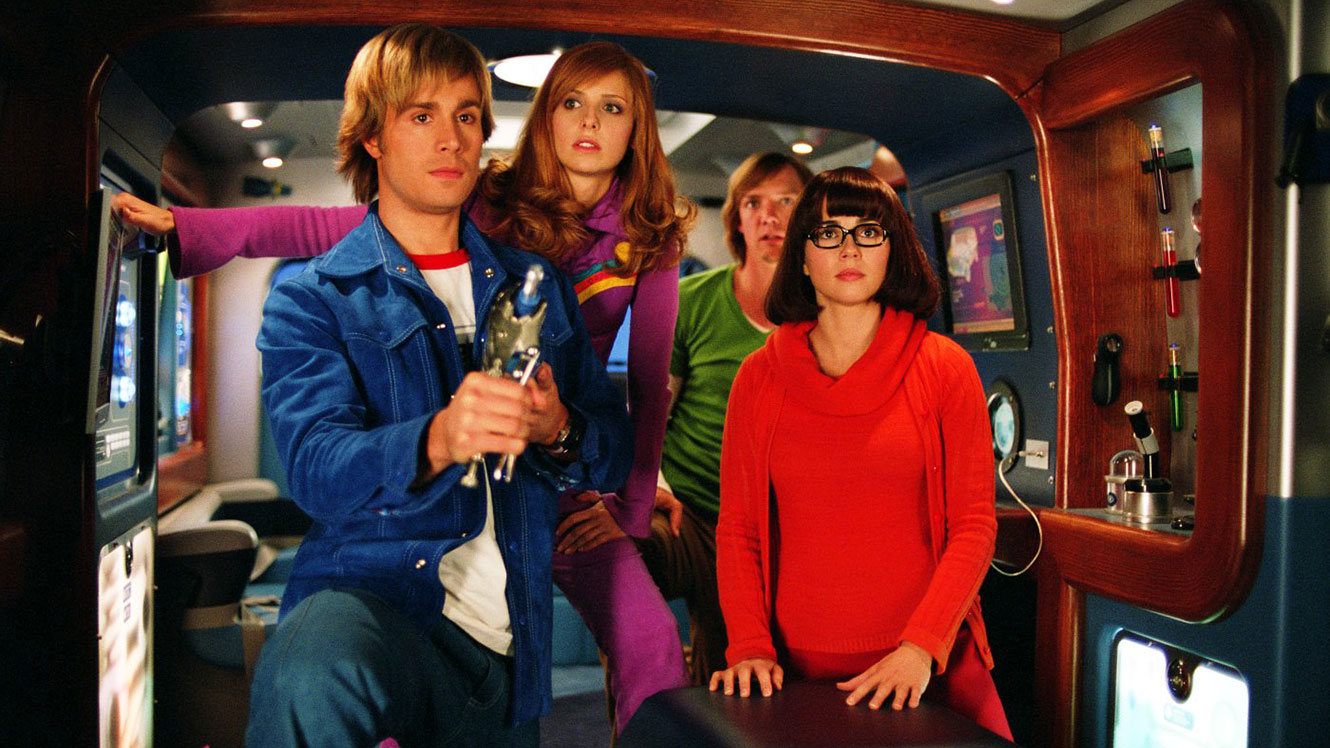10. Lord of the Rings
score by Howard Shore
Composer Howard Shore had his work cut out for him when he agreed to compose all three films in Peter Jackson’s Lord of the Rings trilogy. Middle-earth has a dazzling variety of locales (Hobbiton, Minas Tirith, Mordor), and Shore provides the leitmotifs to match. The pastoral home of the hobbits becomes even more charming with Shore’s themes in the background. Shore applies a range of musical styles that can be peaceful, hypnotic, or disturbing depending on the scenario at play.
Jackson’s over-the-top staging of battle sequences is matched by Shore’s aggressive orchestrations. As the plot gets darker, so does the music. Another composer might have composed a cloying score with too much sweetness or a more modern score with nothing but nonchalant percussive beats. Shore treats the material with the respect it deserves.



























I know these are seen by many as one large film, but this seems like a cheat. When you lump the entire ‘Lord of the Rings’ together as one film, it is truly one of the most jaw dropping achievements in film’s history and would be a perennial spot holder on All Time great film lists… But it is not one film. It is three films, with three different story arcs, emotional peaks, and three different scores. I see the argument for its placement here, but it’s just so darn easy to put it together rather than actually pick one Howard Shore’s individual achievements.
Most people put the three films together as a single entry, which I’m okay with. The three films were conceived as one project and, though released over three years, it’s entirely possible that Shore conceived of his score the same way. As such, I’m okay with thinking of it as one score.
Interesting that Godfather was separated, at least in the listing. Usually one and two are treated as one film, with three being left out, ironically. Love these lists, but arbitrary distinctions like these do highlight their artificial nature. However, I can’t really think of anything wrong with that. They’re for fun first and foremost, not a taxonomy. I think the general use of listing these together is to avoid the usual squabbling that comes with multiple beloved entries in a series and to allow the list to cover more ground and therefore serve its hopeful function of drawing people to new films, or scores in this case. Especially with LOTR’s scores feeling very much of a piece (as opposed to the Godfather movies, which were very much conceived separately), I think it makes sense to give them one entry. And I’d be annoyed reading three entries attempting to draw distinctions among the films as opposed to treating them as a piece.
“The Lord of the Rings: The Fellowship of the Ring” was among my submissions, not just “The Lord of the Rings”. I wonder if all votes for any of the films were counted together. Maybe the fact that all films were produced as one project, then edited separately one a year from the next, makes it count as one score. Every composer works differently, I’m sure. I don’t know if Shore works fast enough to write and record each one in a year. Maybe there’s a featurette on that in the Blu-ray set.
A few people submitted FELLOWSHIP or THE TWO TOWERS separately, and were counted as such. The vast majority submitted the trilogy.
I’m pleased that it is still so high, given that some of its votes were effectively split off, being for the separate feature releases. I’m also impressed that the majority did vote the whole trilogy, which is probably how I would have done it, though I would have expected to be an outlier. Still, it is one story, and the movie was planned, written and shot as one film. Tyler (I think) is right, the score was indeed conceived as for one movie, even though each feature’s was written in succession.
But then I’m increasingly biased against theatrical releases as the presumed canonicals. It’s usually the case, but not always. Shoah, Berlin Alexanderplatz and Nymphomaniac would fall into this category as well, where the Star Wars movies don’t. In fact these are the best example. I’ve pretty much dismissed the theatrical cuts as expired business necessities. The extended cuts reflect the original planning, shooting and cutting, and in all three cases work better as films – which makes sense.